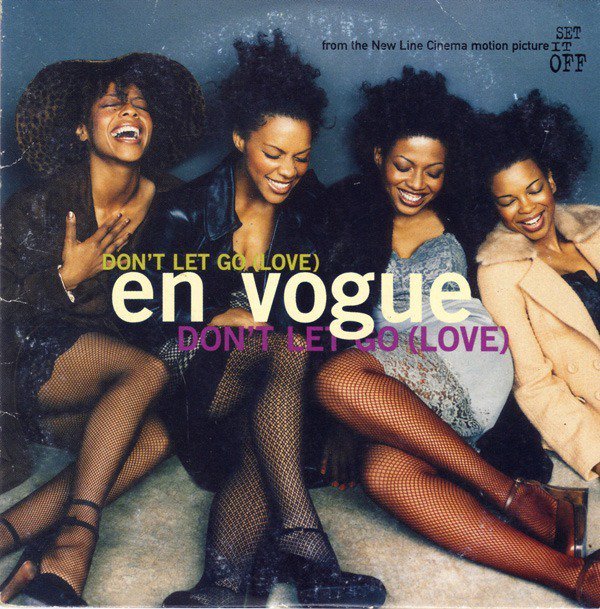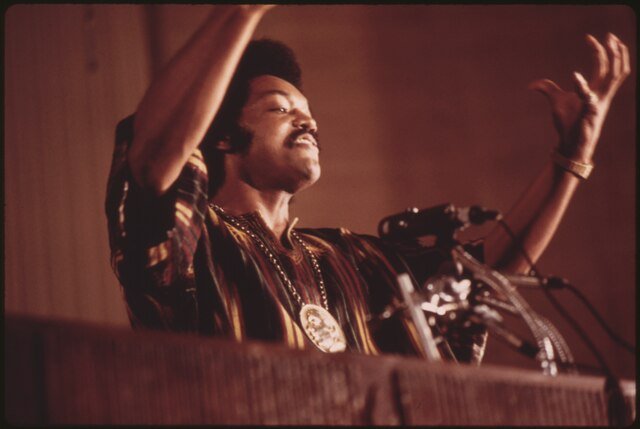The Top 10 Best En Vogue Songs
While the 90s produced many incredible vocal acts, En Vogue was the group that set the standard for vocal excellence and high-fashion elegance. Formed in Oakland, California, by production duo Denzil Foster and Thomas McElroy, the “Original Four”—Terry Ellis, Dawn Robinson, Cindy Herron, and Maxine Jones—were designed to be a modern-day Supremes. However, they quickly proved they were much more than a throwback act. Known as the “Funky Divas,” En Vogue’s hallmark was their ability to sing intricate, four-part lead harmonies, a rarity in pop and R&B. They seamlessly blended classical training with street-smart hip-hop soul and rock-infused power. Their influence can be heard in every girl group that followed, from Destiny’s Child to Little Mix. Here are 10 of their best songs, presented in chronological order. 1. “Hold On” Album: Born to Sing (1990) The song that changed everything. Opening with an a cappella rendition of “Who’s Lovin’ You,” En Vogue immediately announced themselves as a vocal powerhouse. The track’s heavy New Jack Swing beat and tight harmonies helped it reach #1 on the R&B charts and established them as the new leaders of the genre. 2. “Lies” Album: Born to Sing (1990) This track showcased the group’s “funky” side. With a more aggressive, rhythmic delivery, “Lies” proved that En Vogue could handle upbeat, club-ready tracks just as well as vocal-heavy ballads. It served as another #1 R&B hit for their debut era. 3. “My Lovin’ (You’re Never Gonna Get It)” Album: Funky Divas (1992) Built on a sample from James Brown’s “The Payback,” this song is the epitome of 90s R&B cool. From the iconic “No, you’re never gonna get it” breakdown to the high-fashion music video, this track solidified their status as global superstars and remains one of the most recognizable songs of the decade. 4. “Giving Him Something He Can Feel” Album: Funky Divas (1992) A cover of the Curtis Mayfield-penned Aretha Franklin classic, En Vogue’s version is a masterclass in harmony. They managed to pay homage to the original while injecting a modern, sultry sophistication. It remains one of the best R&B covers in music history. 5. “Free Your Mind” Album: Funky Divas (1992) En Vogue proved they could rock just as hard as any band. “Free Your Mind” was a social anthem that tackled prejudice and stereotypes over a heavy guitar riff. It showcased their versatility and earned them massive crossover success on rock and pop charts. 6. “Give It Up, Turn It Loose” Album: Funky Divas (1992) A high-energy, soul-infused track that highlighted the group’s incredible vocal stamina. The song leans into their Foster & McElroy production roots, blending vintage soul vibes with early 90s dance floor energy. 7. “Don’t Let Go (Love)” Album: Set It Off (Soundtrack) / EV3 (1996) One of the greatest R&B soundtrack songs of all time. This track featured a grittier, more mature sound and some of the most powerful vocal performances of their career. It was a massive commercial success and proved the group could dominate the charts even as the R&B landscape began to shift. 8. “Whatever” Album: EV3 (1997) As a trio (following the departure of Dawn Robinson), En Vogue collaborated with Babyface for this smooth, mid-tempo track. It showed a softer, more melodic side of the group while maintaining the impeccable vocal layering that was their trademark. 9. “Too Gone, Too Long” Album: EV3 (1997) A classic Diane Warren ballad produced by David Foster. This track allowed the group to lean into their “diva” status, delivering a sweeping, emotional performance that remains a favorite for fans of their more sentimental work. 10. “Rocket” Album: Electric Café (2018) Proving their longevity, the group returned with this Ne-Yo-penned track. It’s a sleek, modern R&B record that feels fresh while still honoring the sophisticated vocal arrangements that made the world fall in love with them in the 90s. Honorable Mentions: 6 Essential Deep Cuts & Features “Whatta Man” (Salt-N-Pepa ft. En Vogue) – Very Necessary (1993): One of the most iconic collaborations in R&B history, blending hip-hop royalty with vocal royalty. “Yesterday” – Born to Sing (1990): A beautiful a cappella cover of the Beatles classic that showcases their pure vocal ability without any instruments. “What Is Love” – Funky Divas (1992): A fan-favorite deep cut that features a sophisticated, jazz-inflected arrangement. “Love Don’t Love You” – Funky Divas (1992): A rhythmic, sassy track that highlights the group’s “Funky Diva” attitude. “Losin’ My Mind” – EV3 (1997): A standout track from the EV3 era that captures the group’s transition into a smoother, more mid-tempo late-90s sound while maintaining their signature vocal precision. “Riddle” – Masterpiece Theatre (2000): An experimental, classical-inspired track that showed the group’s willingness to push musical boundaries. The post The Top 10 Best En Vogue Songs appeared first on New R&B Music, Songs & Interviews | YouKnowIGotSoul.com.









